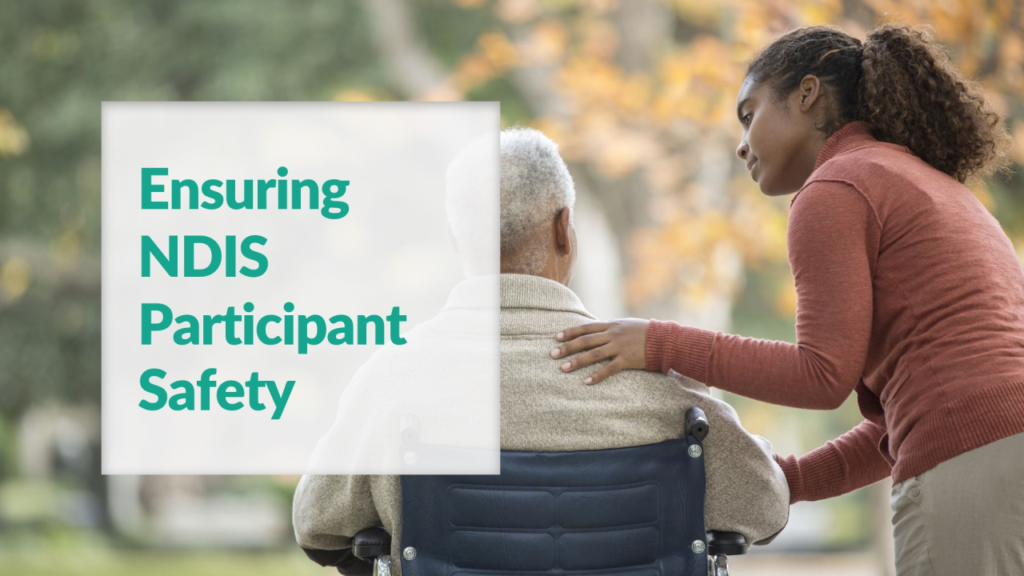
In any organisation, the safety and well-being of participants should be paramount. Whether conducting research, running a program, or facilitating an event, a thorough participant risk assessment is not just a bureaucratic formality but a crucial step towards safeguarding individuals and promoting ethical practices. Here’s why it matters, and how to do it right.
Conducting a Participant Risk Assessment at the Time of Onboarding
When participants choose a provider, they often trust the organisers for their safety, whether this trust is deserved or not. A participant risk assessment conducted at the onboarding stage serves several critical purposes:
- Identifying Potential Risks: It allows organisers to identify potential risks that participants might face during their involvement. These risks could range from physical hazards to psychological stressors. behavioural challenges or data privacy concerns, depending on the nature of the program.
- Tailoring Risk Management Strategies: By understanding the risks upfront, organisers can tailor appropriate risk management strategies. This might involve implementing safety protocols, providing necessary training, or establishing clear communication channels for reporting concerns.
- Demonstrating Commitment to Safety: Conducting a risk assessment demonstrates a commitment to participant safety and ethical responsibility. It sets the tone for an organisation’s culture of care and accountability.
Ensuring Thorough and Contextual Risk Assessment
A risk assessment is only effective if it is thorough and contextual. Here’s why:
- Considering All Dimensions of Risk: A thorough assessment considers all dimensions of risk, including physical, psychological, social, and environmental factors. This holistic approach ensures that no potential risk is overlooked.
- Adapting to Specific Contexts: Contextual understanding is crucial because risks can vary greatly depending on the environment, demographics of participants, cultural factors, and the nature of the activities involved. What might be a minor risk in one context could be significant in another.
- Involving Stakeholders: Engaging stakeholders such as participants themselves, staff members, and relevant experts enriches the assessment process. Their insights provide valuable perspectives on potential risks and appropriate mitigation strategies.
Implementing the Risk Assessment with Equal Vigor
Conducting a risk assessment is only half the battle; effective implementation is equally crucial:
- Allocating Resources Appropriately: Implementation requires allocating resources such as time, budget, and personnel. It’s essential to dedicate sufficient resources to execute the risk management strategies identified in the assessment.
- Training and Awareness: Proper training and awareness among staff and participants are key to successful implementation. Everyone involved should understand their roles and responsibilities regarding risk management.
- Monitoring and Adaptation: Continuous monitoring and evaluation ensure that the risk management strategies remain effective over time. Flexibility to adapt to changing circumstances is vital in maintaining participant safety.
Conclusion
In conclusion, ensuring participant safety through a rigorous risk assessment process and its diligent implementation is not just a legal or ethical obligation—it’s a moral imperative. Organizations that prioritise participant safety foster trust, enhance their reputation and contribute to a positive and secure environment for all involved. By conducting thorough assessments, adapting them to specific contexts, and investing in robust implementation, we uphold the highest standards of integrity and care in our work.
Without training in risk assessment and implementation of risk plans, providers are unlikely to improve the levels of participant safety.
Webinar: Participant Risk Assessment
Webinar: Participant Assessment
